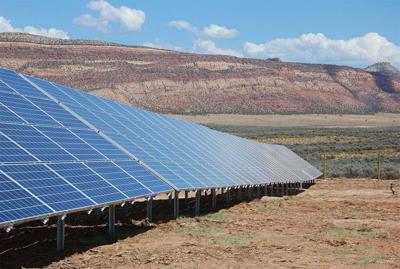The Ministry of Power, Government of India, has unveiled a comprehensive National Framework aimed at promoting Energy Storage Systems (ESS) as an integral part of the country’s power infrastructure. This initiative comes in line with India’s commitment to harness renewable energy sources and reduce greenhouse gas emissions.
The key objectives of this framework are to ensure a constant supply of renewable energy (Renewable Energy- Round the Clock), reduce emissions, and lower energy costs by incentivizing ESS deployment while reducing the reliance on fossil fuel power plants. It also seeks to enhance grid stability and reliability through ESS deployment, stimulate innovation in energy storage technologies, and ensure equitable access to energy storage for all segments of the population.
According to estimates by the Central Electricity Authority (CEA), the ESS capacity required to integrate upcoming renewable energy capacity is projected to be 16.13 GW by 2026-27, with significant growth anticipated in subsequent years. The total fund requirement for PSP and BESS for the period 2022-2032 is expected to be substantial, highlighting the government’s commitment to advancing energy storage technology.
The framework introduces various policy measures and incentives, including energy storage obligations, waiver of ISTS charges for ESS use, guidelines for procurement of BESS, and inclusion of ESS in the Harmonized Master List for Infrastructure. It aims to provide a unified resource for stakeholders to understand the government’s vision for energy storage and its pivotal role in India’s energy transition.
The release of this National Framework signals India’s determination to accelerate its transition towards cleaner and more sustainable energy sources, contributing to a greener and more energy-independent future.






